SUMMARY
This is AI generated summarization, which may have errors. For context, always refer to the full article.
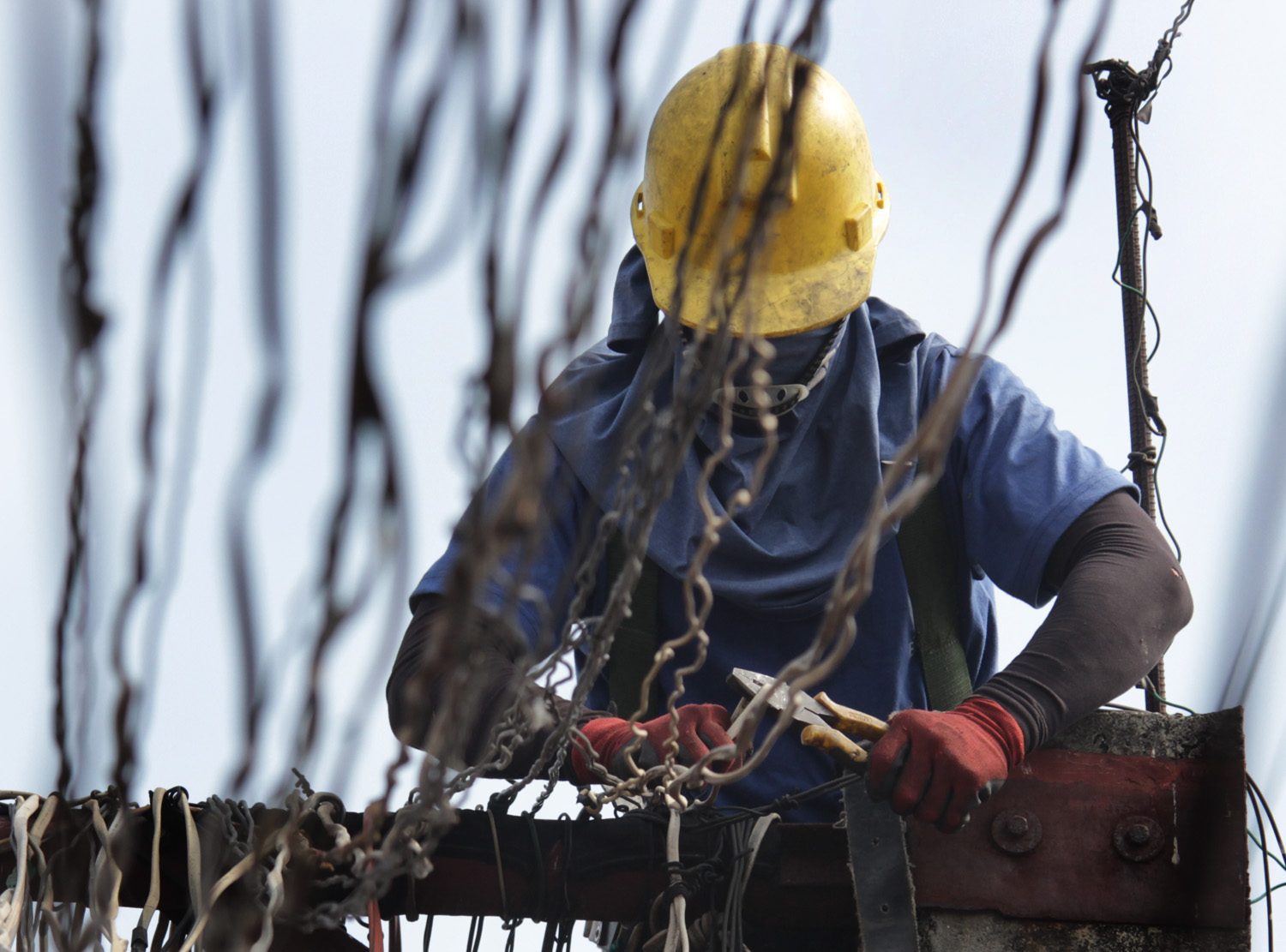
MANILA, Philippines – President-elect Ferdinand Marcos Jr. said on Thursday, May 26, that he will be pushing for lower electricity rates, as he mentioned adding nuclear power to the energy mix.
In a briefing with select media, Marcos said there are charges that could be lowered, in hopes of bringing down overall electricity costs for consumers.
“Even on the spot market [and] transmission charges, there are areas that can be lowered. Again, I’ve been talking to some of the producers on the energy production side, they said they are willing,” he said.
Marcos also said his administration will be “very strict” in implementing the Electric Power Industry Reform Act (EPIRA), while also looking at possible amendments to the law.
Marcos did not elaborate on which amendments he would push for, but if reviving the Bataan Nuclear Power Plant or building a new nuclear facility would be his goal, then amendments need to be in order.
This is because the Philippine government cannot enter into power generation following EPIRA, which privatized the sector. Section 6 of the 21-year-old law states that “power generation shall not be considered a public utility operation.”
Even as Marcos acknowledged that renewables should have a bigger share in the Philippine energy mix, he also pushed for nuclear power, while noting the lengthy lead time.
“Nuclear remains to be the cleanest and cheapest way to produce energy. The problem is that the lead time for any power plant, not only nuclear, is a minimum of five years. So it’s going to take a lot of time,” he said.
Given this, Marcos said a “cleaner” power source needs to fill the gap – and that could be gas, indicating that his administration may venture into gas exploration.
“If we aim to transition, we have to find another…cleaner source of energy. So maybe gas will be the transition. Gas is cleaner than coal, it’s as clean as it’s going to get, but until we are able to sufficiently increase our power production through renewables, we have to have the pantawid (transition),” he said.
The country’s sole natural gas field, Malampaya, is seen to dry up by 2027. Dennis Uy, tycoon and close friend of outgoing President Rodrigo Duterte, is said to be considering selling companies that have the majority stake in the operations of the gas field.
So far, the government-owned Philippine National Oil Company-Exploration Corporation (PNOC-EC) is looking for joint venture partners for Service Contract (SC) No. 57.
SC 57 was awarded to PNOC-EC in 2005, covering the Calamian oil and gas prospect near Malampaya. The area is around 50 kilometers from the northwesternmost tip of Busuanga Island and could have around two-thirds of Malampaya’s 2.9 trillion to 3.2 trillion cubic feet of natural gas reserves.
Oil ‘crisis’
Marcos called the oil price shock experienced in the past months tantamount to a “crisis.”
Watching the Russia-Ukraine war drive up prices during the campaign period, Marcos shared that he raised with his team the possibility of the Philippine government subsidizing oil importation.
“We just have to choose the areas that we can afford to support,” Marcos said, adding that what his administration could do is focus on industries heavily affected by the upswing in prices.
He also said that support for industries would have a “time element,” which means that those immediately affected would be prioritized.
“Part of the analysis too is which industries do we really need to revive our economy? We have to ensure focused support so that economic activity would surge in those areas, therefore helping our recovery,” he said in a mix of English and Filipino.
The President-elect also recounted the time when he was “sent on a mission” during his father Ferdinand Marcos’ regime, at the height of the 1973 oil crisis, adding that government-to-government negotiations could be part of efforts to temper local pump prices.
“We have friends who can help us. I think the relationship that has been formed with countries – oil-producing countries – in the Middle East by our OFWs (overseas Filipino workers) will help us because they already have experience working with Filipinos. We had many dealings already with them. Maybe we can open these negotiations,” he said. – Rappler.com
Add a comment
How does this make you feel?
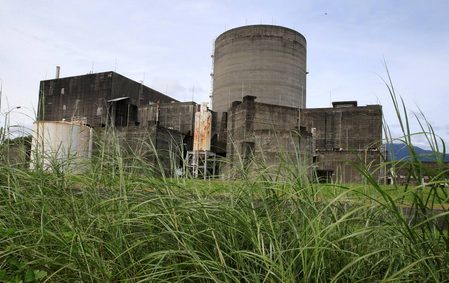

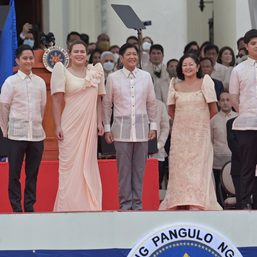
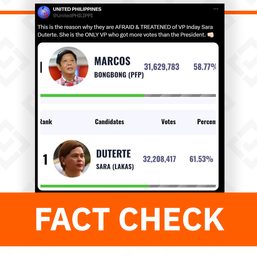
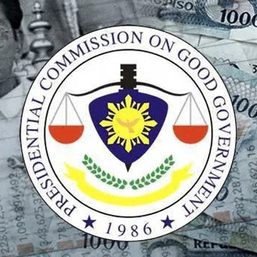
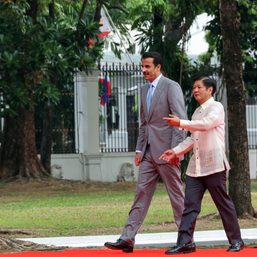
There are no comments yet. Add your comment to start the conversation.